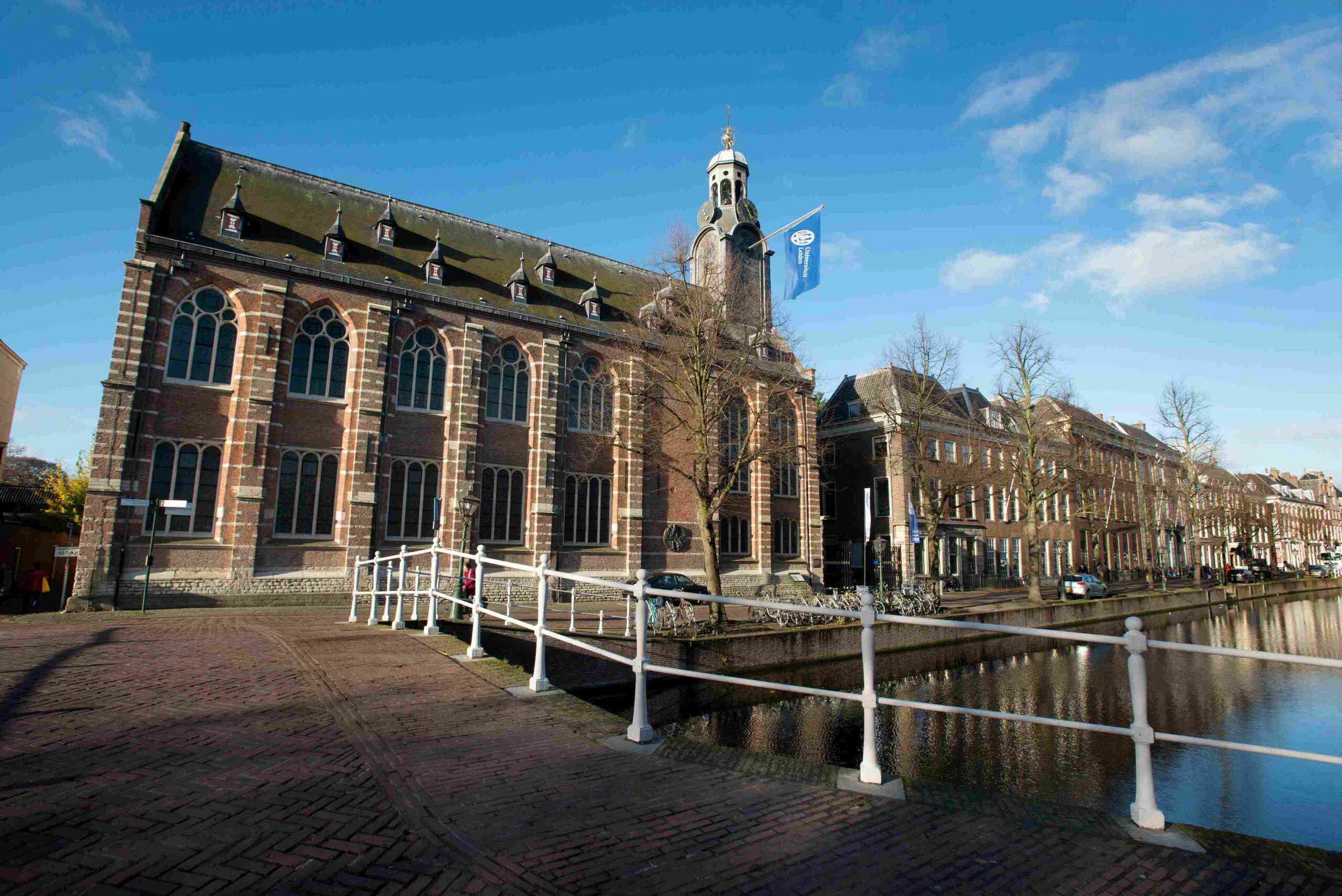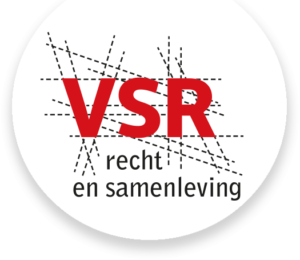CONCRETIZING JUSTICE
Middelburg, 16 and 17 December 2010
How are the ideals and values embodied in the notion of justice made real, and how do they play out in specific cases? It is this classic concern in socio-legal studies and its current conundrums that forms the point of departure for the 2010 annual meeting of the Netherlands-Flemish Socio-Legal Studies Association. In today’s multi-layered global legal order the question as to how, in a given context, rights and made real, laws shape realities and individuals negotiate legalities has become ever more important. What lies between the promises embodied in international human rights law and bureaucratic realities, what shapes access to justice and the activities of legal professionals, in what context does this play out and how should these issues be theorized and researched?
This year’s keynote speaker, prof. Sally Engle Merry, will discuss the way in which human rights are “brought home” in the US. Subsequently, a number of expert round tables and workshops will focus on the way in which, in Merry’s terminology, the multiplicity of “mutually constitutive legal orders” influences claims to and chances of justice. One field in which these questions arise sharply is that of transitional justice, the set of legal and non-legal mechanisms put in place to deal with a legacy of gross human rights violations, in which international crimes are increasingly brought to justice, but many socio-legal questions remain concerning the extent to which trials and truth commissions make true their claims in the field of truth-seeking, reconciliation, reparations and accountability. Similarly, sociologists of law have increasingly developed an interest in the mechanisms via which human rights in general “come home” to those countries that played a key role in their formulation. These, and other developments, have increasingly led to a new legal pluralism in which overlapping legal and other normative orders and soft law form the legal repertoires on which the actors in a given context can draw.
Specific insights here can be drawn from a focus on the day-to-day activities of legal professionals, from judges to lawyers and clerks. Also, specific attention will be paid to socio-legal policy research and the underlying assertions. At a more theoretical level, an interesting vantage point could be the concretization of a concept like citizenship within regulatory law and in day-to-day practice.
The conference will be hosted by the Roosevelt Academy in the medieval city of Middelburg, and partly take place in the gothic municipal building and partly by the seaside. Apart from classic annual meeting features – workshops, the handing out of the socio-legal thesis award – the conference will also consist of expert round tables on relevant topics and facilitate discussions between students and scholars. Depending on the topic and speakers, sessions will take place in Dutch/Flemish or English. Proceedings on the first day will largely be in English, and on the second in Dutch
Thursday, December 16
12:00 – 13:00 Arrival and lunch in Stadhuis, Middelburg
13:00 – 13:10 Opening Prof. P.C. Ippel
13:10 – 14:30 Keynote address Prof. S.E. Merry, “Bringing Human Rights home in the US”.
Co-referee Prof. W.J.M. van Genugten and discussion
14:30-15:00 Tea-break
15:30-16:45 Workshops
Transitional justice (chair S. Parmentier)
* Dominik Kohlhagen and B. Ingelaere, “Transitional justice and the Ubushingantahe in Burundi”
* M. Humphrey en E. Valverde (Sydney), on the “politics of memory in Latin America” en “the judicialisation of politics through amnesty laws”
* M. Schotsmans (title tba)
* F. de Vlaming (UvA), ‘The Yugoslavia tribunal and the selection of defendants. A reconstruction of the policy of the ICTY prosecutor.’
Legal pluralism:
C. Sanchez, Neo-Zapatismo: the linguistic creation of common ground for hope, from the particular to the universal meaning of the Neo- Indian Identity
Prof. A. Hoekema: “Legalisation and land rights: if not private property, then what?”
J. Friedman, ‘Legal Pluralism as State Effect: A View from North-West Namibia’
Gender justice made real (chair Prof. R. Holtmaat)
* A. de Vlieger, “Access to justice of domestic workers in the KSA and the UAE”
* N. Zeegers,
* R. Romkens,
Citizenship in the context of migration debates (chair M.Hertogh)
* B. Oomen, concretizing citizenship education
* T. de Lange and T. Butter, rights consciousness amongst migrants?
* R. Pierik (tbc)
* I. Griek, access to justice in UNHCR refugee camps (tbc)
Rechtshulp/ Legal Aid:
* S. Peters, Het meervoudig gebruik van toevoegingen
* L. Combrink, het meervoudig gebruik onder klanten van het Juridisch Loket
* M. Gramatikov, een integratie tussen dispute resolution en gesubsidieerde rechtsbijstand (in English)
17:00 – 18:00 Round table discussions
During this session, participants will discuss current issues, common plans, favorite readings and persistent dilemmas. On a number of tables, students will discuss their research project and its relationship to socio-legal theory with an expert. A number of round table themes have been set, but there is still room for new suggestions
Themes set:
* Teaching Law, Society and Justice: towards a common textbook?
* RdW special issue: Health and the law – a discussion
* Student table with H. Weyers: Euthanasia and law in Europe (open to others as well)
* Student table with H. Nijboer: De (straf)rechtspleging als lerend systeem
* Student table with J. Griffiths (tbc): Law and Social Control
* Discussion on “Measuring Justice” with S. Merry
18:00 – 19:00 Drinks
19:00 – 21:00 Dinner (mussels?), handing over thesis award
21:00 Bus to the beach, guests stay at beachhotel Zuiderduin
Friday, December 17
09:00 -10:00 Jaarvergadering (annual meeting): will take place in beachhotel Zuiderduin, followed by bus to RA
10:30 – 12:00 Workshops/dialogues II (Back at the Roosevelt Academy)
Interdisciplinary perspectives on concretizing justice:
* E. Park (RA), Global justice
* I. van Domselaar, ‘Basic Rights as combined capabilities: the implications of Nussbaum’s Capabilities Approach for a liberal rule of law’
Legal professionals at work (vz Leny de Groot)
* Henri de Waele, Rechterlijk activisme bij het Europees Hof van Justitie
* Gudrun van der Walle, Integriteit van douanepersoneel
* Marijke ter Voert & Frederike Zwenk, Kwaliteit van het notariaat.
* N. Doornbos, Advocaten in de beklaagdenbank en de werking van het tuchtrecht (ovb)
Work in progress:
* H. Weyers (U. Groningen): on legitimacy
De Sharia en het westen: werkelijkheid en fictie (Chair. L. Bakker)
* Prof. JM Otto (tbc)
* Dr L. Bakker
* tbc
Presentatie studentenonderzoeken naar, onder andere, Zeeuwse zaken
12:00 – 13:00 Afsluitend debat: column over een stelling gevolgd door discussie.
13:00 Lunch


